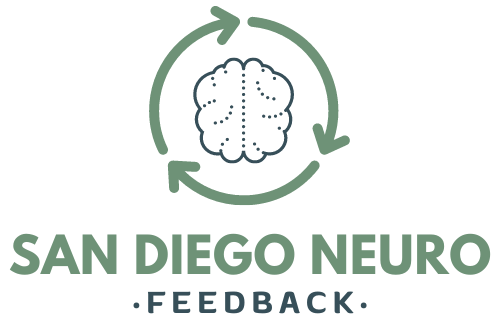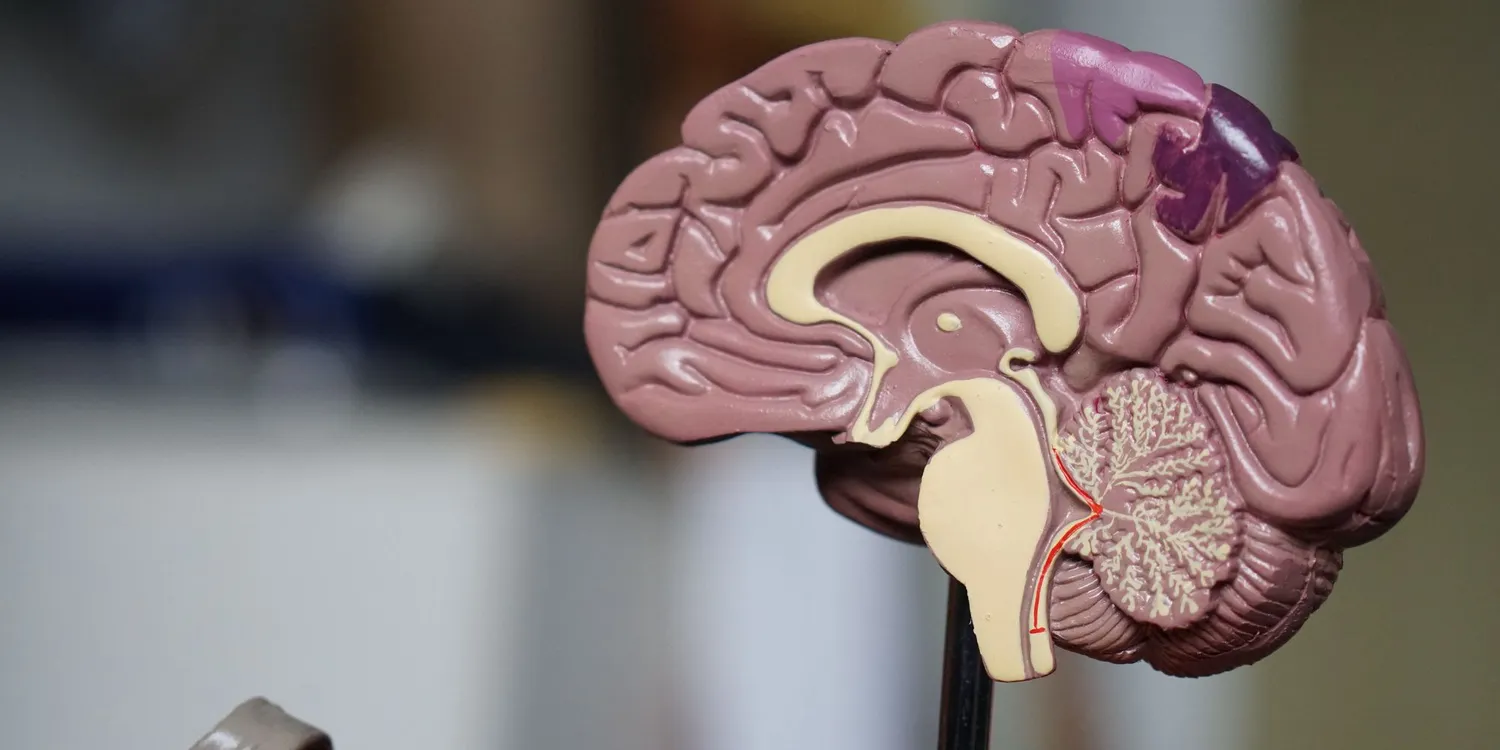Detecting Wernicke-Korsakoff Syndrome, commonly known as Wet Brain, requires close attention to both physical and cognitive symptoms that often develop in individuals with prolonged alcohol misuse. This syndrome emerges due to a severe deficiency in thiamine, or vitamin B1, and presents a range of neurological symptoms that worsen over time if left untreated.
Early recognition is vital because timely intervention can reverse or stabilize some of the effects, especially in the initial stages. This article explores the key indicators of Wet Brain, including physical signs, cognitive changes, and behavioral symptoms, providing the insights needed to identify this condition and understand its implications for long-term health.
Key Takeaways
- Wet Brain is caused by a lack of thiamine, often due to prolonged heavy drinking, leading to cognitive and physical impairments.
- Early recognition and treatment with high-dose thiamine can improve symptoms and prevent irreversible damage if addressed in the initial stages.
- Symptoms progress in two stages: Wernicke’s encephalopathy (reversible) and Korsakoff’s psychosis (permanent).
- Complete abstinence from alcohol and nutritional support are essential for managing symptoms and slowing or halting disease progression.
Early Signs of Wet Brain

The earliest symptoms often appear as slight confusion, short-term memory gaps, and muscle unsteadiness. Noticing these signs matters since WKS starts with reversible effects in the Wernicke’s encephalopathy phase, but can progress rapidly if untreated.
Doctors recommend watching for:
- Confusion and Disorientation: Often mistaken for signs of intoxication, but unlike drunkenness, these do not resolve over time.
- Memory Problems: Patients may have issues recalling recent events or forming new memories.
- Muscle Weakness and Tremors: Commonly seen as shaky legs or a staggered walk.
- Vision Changes: Double vision, eyelid drooping, or jerky eye movements, a symptom known as nystagmus.
Also, read more about Brain Zaps, and how to recognize it on time.
How WKS Can Quickly Progress?
Without thiamine treatment, Wernicke’s encephalopathy can escalate into the more severe Korsakoff’s psychosis, where memory loss becomes permanent and behavioral changes increase. According to the National Institute on Alcohol Abuse and Alcoholism, early-stage treatment with high-dose thiamine can improve symptoms and prevent this progression.
Cognitive Changes and Memory Loss
People might begin forgetting recent conversations or events, even minutes after they happen. This loss of memory often coexists with confusion and an inability to focus, making it hard for someone to process basic information or hold a coherent conversation.
Memory Loss Patterns
Memory issues in Wet Brain are distinct. Individuals not only struggle to form new memories but also may experience retrograde amnesia, where they lose past memories. In severe cases, they may even start “confabulating” – filling in memory gaps with made-up stories or details they genuinely believe happened.
“American Addiction Centers highlights that Wernicke-Korsakoff Syndrome, often arising from prolonged thiamine deficiency, can lead to severe memory impairment. Individuals with the syndrome may struggle with both recalling past experiences and forming new memories, sometimes resulting in the creation of false narratives to fill these memory gaps.”
Cognitive Decline and Daily Challenges
Beyond memory loss, cognitive decline affects reasoning and problem-solving. Over time, people might struggle with basic activities, lose track of routines, or find it challenging to make even simple decisions.
Behavioral Shifts to Notice

As Wet Brain progresses, behavior may change in noticeable ways, often resembling symptoms of other cognitive disorders. People with this syndrome can seem more irritable, withdrawn, or apathetic, which can be hard to separate from signs of intoxication.
They include a lack of motivation or interest in daily activities and an emotional flatness, where they show little reaction to things that would normally spark a response. Such changes often go hand-in-hand with severe memory loss, which can further contribute to frustration and agitation.
Noteworthy Behavioral Signs
Behavioral indicators like increased confusion or the invention of stories (known as confabulation) to fill memory gaps are common. The person might struggle to remember basic things about themselves or others, which may come across as personality changes, leading them to act out of character.
Factors That Increase Susceptibility
Though heavy alcohol use is a primary cause of Wet Brain, certain factors can increase vulnerability. Individuals with chronic malnutrition or digestive issues that interfere with nutrient absorption are particularly at risk, as these conditions limit the body’s ability to take in thiamine, the essential nutrient that Wet Brain depletes.
Prolonged illness, liver disease, or conditions requiring specific medications can also heighten this risk, especially among those who may already have limited diets or poor overall health.
Common Risk Enhancers
- Poor Diet and Malnutrition: Often seen in individuals who rely heavily on alcohol or lack regular meals.
- Medical Conditions: Liver disease, gastrointestinal disorders, and certain chronic illnesses.
- Medications: Diuretics and other treatments that increase nutrient loss or reduce thiamine absorption.
Diagnosis of Wernicke-Korsakoff Syndrome
Diagnosing Wet Brain can be challenging because its symptoms often resemble those of alcohol intoxication or other neurological disorders. For an accurate diagnosis, healthcare providers look for signs of thiamine deficiency along with specific symptoms like eye movement issues, balance problems, and confusion.
Blood tests to check thiamine levels and imaging tests like MRIs may be used to detect brain damage, helping differentiate Wet Brain from other potential causes of confusion and memory loss.
Key Diagnostic Steps
- Physical Exam and Symptom Review: Initial evaluations focus on eye function, coordination, and mental clarity.
- Thiamine Level Testing: Blood tests to confirm a deficiency.
- Brain Imaging: MRI scans to identify areas affected by tissue loss.
The Importance of Early Detection
Recognizing Wet Brain early on is critical because, with timely intervention, some symptoms may be reversible. If identified in the Wernicke’s encephalopathy phase, thiamine supplementation can restore function in areas affected by the deficiency, reducing the chances of permanent brain damage.
By catching symptoms early, individuals also have a better chance of avoiding the progression to Korsakoff’s psychosis, which brings severe, often irreversible memory impairment and behavioral changes.
Benefits of Early Intervention
- Potential Symptom Reversal: Early treatment can restore mental clarity and physical coordination.
- Prevention of Severe Memory Loss: Reduces the risk of progressing to the chronic stage.
- Improved Quality of Life: Prompt action allows individuals to regain some control over daily functioning.
Treatment Options and Recovery Potential
The mainstay of treatment includes thiamine supplements, usually administered through high-dose injections or IV, to help restore depleted stores of this essential nutrient.
Treatment often combines thiamine replacement with other supportive measures to manage symptoms and improve the individual’s quality of life.
Core Treatment Components
- Thiamine Supplementation: High-dose thiamine injections are the first line of treatment to rapidly replenish levels. Dosage can vary depending on the severity, but in acute cases, large doses are necessary to ensure absorption.
- Nutritional Support: A balanced diet with additional vitamin and mineral supplementation can help maintain thiamine levels and support overall health.
- Hydration and Electrolyte Management: People with Wet Brain often experience dehydration, which can worsen symptoms. Rehydrating with fluids and maintaining electrolytes, like potassium and magnesium, helps the body use thiamine effectively.
- Abstinence from Alcohol: Without stopping alcohol intake, recovery is limited, as alcohol disrupts nutrient absorption and leads to further brain damage. Long-term sobriety remains crucial to prevent the disorder from worsening.
- Physical and Cognitive Therapy: For those with significant damage to memory or motor functions, therapies aimed at strengthening cognitive skills and improving physical coordination can aid in regaining some lost abilities.
Recovery Potential and Prognosis
Recovery largely depends on the stage at which Wet Brain is detected. When treated early, especially during the Wernicke phase, there’s potential for significant improvement.
Research shows that early intervention can restore some mental clarity, balance, and memory, especially if combined with long-term abstinence and nutritional support.
Unfortunately, in cases that progress to Korsakoff’s psychosis, the damage is usually irreversible, though continued thiamine support and lifestyle changes can help prevent further deterioration. Some patients experience partial recovery in memory and cognitive function, while others may require ongoing care or assisted living.
Long-Term Outlook
- Wernicke Phase (Reversible): Many people respond well to thiamine treatment, with potential to regain physical and cognitive functions if caught early.
- Korsakoff Phase (Permanent): Irreversible brain damage typically limits the recovery potential, but ongoing treatment can stabilize symptoms.
- Overall Prognosis: With dedicated treatment and support, many people experience a slower progression and can manage some symptoms effectively, though those in the later stages often need extended care.
FAQs
What is the life expectancy for someone with untreated Wet Brain?
Life expectancy varies widely. Without treatment, individuals with advanced Wernicke-Korsakoff Syndrome may live only a few years. Early intervention can extend life and improve quality by slowing disease progression.
Can Wet Brain be completely cured?
The early stage, Wernicke’s encephalopathy, can often be reversed with treatment, but once it progresses to Korsakoff’s psychosis, the damage is typically permanent. However, treatment can stabilize symptoms and prevent further decline.
Are there any risk factors beyond alcohol that cause Wet Brain?
Yes, several conditions can lead to a thiamine deficiency, including malnutrition, prolonged vomiting (e.g., during pregnancy or chemotherapy), gastrointestinal surgery, and chronic illnesses like cancer or kidney failure. Each of these can increase the likelihood of developing Wet Brain.
How is Wet Brain different from general alcohol-related dementia?
Wet Brain specifically results from thiamine deficiency, leading to memory and coordination issues. Alcohol-related dementia generally refers to broader cognitive decline from years of alcohol abuse and does not always involve thiamine deficiency.
Can memory rehabilitation improve symptoms in Korsakoff’s psychosis?
Memory rehabilitation can help manage some symptoms by teaching coping strategies, but it does not restore lost memory function. Improvements depend on the severity of brain damage and the individual’s response to therapy.
Last Words
In summary, Wernicke-Korsakoff Syndrome, or Wet Brain, is a serious condition linked to thiamine deficiency. Recognizing the early signs, such as confusion, memory gaps, and coordination problems, can make a significant difference in treatment outcomes.
Early intervention with thiamine and proper support can help stabilize symptoms and, in some cases, reverse early damage. However, without early detection, the condition can progress, leading to permanent cognitive decline. Seeking help at the first sign of symptoms provides the best chance for recovery and long-term stability.
Sources
- Cleveland Clinic – Overview of Wernicke-Korsakoff Syndrome | https://my.clevelandclinic.org/health/diseases/22687-wernicke-korsakoff-syndrome
- National Institute on Alcohol Abuse and Alcoholism (NIAAA) – Wernicke-Korsakoff Syndrome | https://www.niaaa.nih.gov/publications/brochures-and-fact-sheets/wernicke-korsakoff-syndrome
- Verywell Mind – What Is Wet Brain? | https://www.verywellmind.com/wet-brain-definition-symptoms-causes-treatment-5324050

